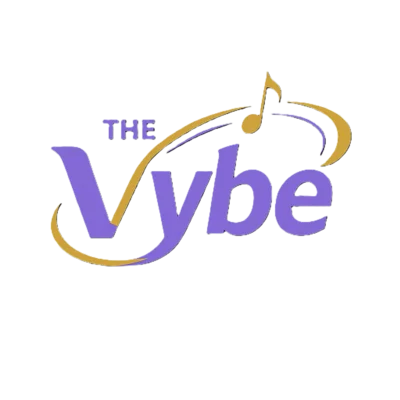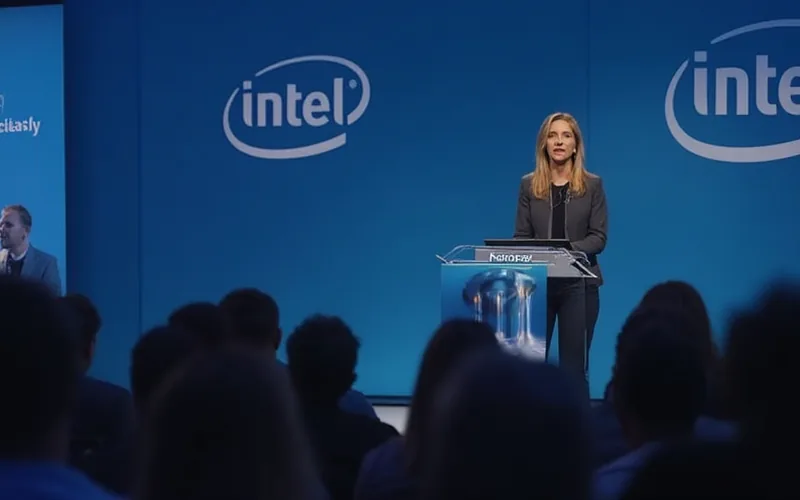Intel Products CEO Michelle Johnston Holthaus stated on Tuesday that she is considering utilizing manufacturers outside of Intel Foundry, the currently unprofitable division overseeing the major Intel plant in Ohio, for Intel’s product creation.
“I’m very happy with the Foundry and its progress,” Holthaus said. “But internally, we often discuss that sometimes an Intel Foundry is suitable for my products, and sometimes it is not.”
Intel comprises two main divisions: Intel Products and Intel Foundry. Intel Foundry is responsible for manufacturing, including Ohio’s $28 billion plant currently under construction, while Intel Products handles processors, server products, and other goods sold by the company. While Intel Products often utilizes Intel Foundry’s services, both divisions also engage with external businesses.
Holthaus mentioned that a new product is being manufactured through both Intel Foundry and Taiwan’s semiconductor leader, TSMC. She emphasized prioritizing product quality over internal collaboration, as utilizing multiple foundries allows for optimization due to their different strengths. Presently, the collaboration is about 70% Intel and 30% external.
This approach theoretically reduces business for Intel semiconductor facilities like New Albany’s under-construction plant. However, selling more products boosts Intel’s profits, which could support projects like Intel Ohio One.
Holthaus remarked that Intel Foundry must secure a major customer outside of Intel Products to demonstrate profitability and justify expenses such as Ohio’s construction. Despite this, she expressed confidence in the Foundry’s future positioning.
Intel has experienced significant changes this year, which Holthaus views positively. She noted that new CEO Lip-Bu Tan is transparent about customer interactions, providing insights into successful and unsuccessful ventures. These discussions include understanding why potential Intel Foundry customers opted out.
“Employees are optimistic about his (Tan’s) impact,” Holthaus said.
Despite positive developments, Holthaus acknowledged market uncertainty, particularly due to tariffs. Increases in steel and aluminum tariffs were announced by Trump, prompting Intel and others to cautiously evaluate the implications for the semiconductor industry.
Holthaus indicated that the company could globally adjust operations if necessary to meet customer demands and adapt effectively.
“We have a team engaging in various scenario planning,” Holthaus said. “I don’t think any scenario planning gets everything right, but…”
Holthaus did not comment on Intel’s upcoming layoffs, which Bloomberg reported might affect at least 20% of the workforce. Although precise numbers are unconfirmed, Tan has announced significant layoffs by the end of July.
Holthaus previously served as co-interim CEO of Intel before Tan’s appointment in March and was less certain of Intel Foundry’s role than her co-CEO. As head of Products, she described herself as Foundry’s largest customer, expressing confidence in its potential success, albeit with the need to prove itself.
“As CEO of Intel Products, I will always base process technology decisions on what benefits my customers,” Holthaus said in January. “Intel Foundry must earn my business daily, just as I must earn my customers’ business.”

























